Author Archives: Amelia Dornbush
May 1, 2018 by Amelia Dornbush
7 Jewish Feminist Ways to Celebrate May Day
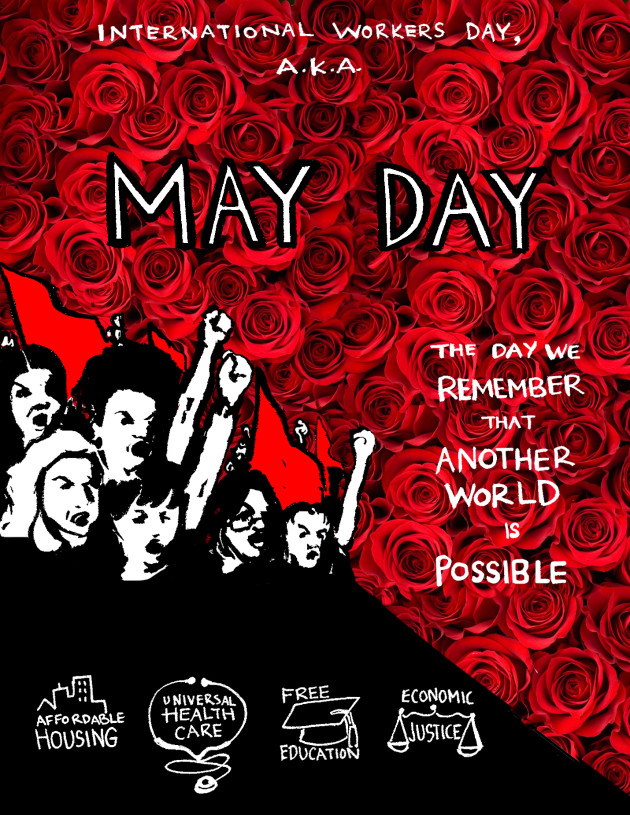
Illustration by Julia Alekseyeva.
May Day is International Worker’s Day and probably the greatest holiday of all time. As has been previously been written on Lilith.org, it should also be considered a Jewish holiday. And what is a Jewish holiday without rituals to observe?
Here are 7 Extremely Jewish Feminist ways to celebrate the first of May.
1) Don’t work. It’s a chag. It’s yontiff! Join the general strike. But if the men are not doing as much labor as everyone else to prepare for the holiday, shun them all.
2) Talk your synagogue into flying a red flag. Take a picture. Tweet it at us. I know one of you can do it.
3) Publicly call out the shondas fur di goyim. The list of contenders right now is really long, so be discerning and don’t just go for the obvious choices like Ivanka and Sheldon!
- No Comments
February 13, 2018 by Amelia Dornbush
7 Jewish Feminist Things To Do Instead of Valentine’s Day

Why would you want this when you could summon a mythical legend to destroy your enemies instead?
It’s a Christian Saint’s Day. It worships commercialization. And it definitely objectifies women. It’s time to say dayenu to embracing the golden calf of heart-shaped chocolate boxes filled with mediocre heart-shaped chocolate and instead find new ways to spend Valentine’s Day. Here are some alternatives.
1) Summon a golem. What better way to spend February 14 than by creating a giant creature of clay that will wreak havoc on your enemies?
2) Write your treatise on why there’s nothing wrong with interfaith marriage. Tweet it at every Jewish publication. Including this one.
3) Learn how to say “death to the patriarchy” in Yiddish and Ladino. That way, you can basically be as a cool as your friend Rachel who went to Yiddish Farm last summer and knows all the cool songs.
- 5 Comments
October 30, 2017 by Amelia Dornbush
What Reading Heschel Taught Me About My Childhood Halloween
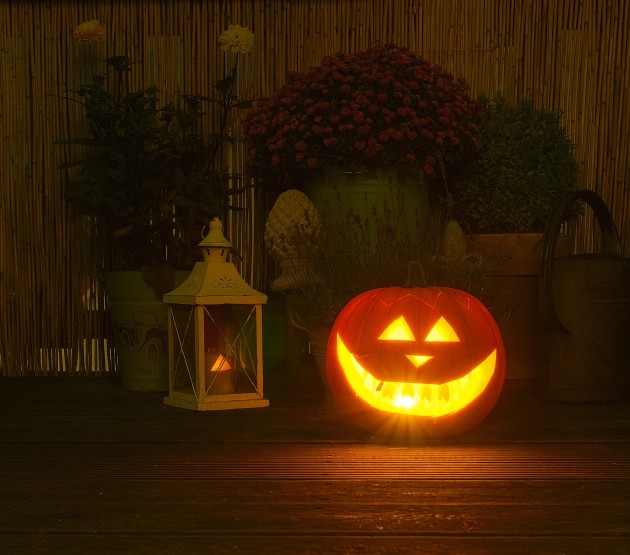 People often assume that since I didn’t spend the first 13 years of my life growing up Jewish (it’s a long story), I must have been raised Christian. This isn’t really true.
People often assume that since I didn’t spend the first 13 years of my life growing up Jewish (it’s a long story), I must have been raised Christian. This isn’t really true.
“What were you before you were Jewish?”
“Nothing?”
“What do you mean nothing?”
“I don’t know, nothing. We just, didn’t do religion.”
By the time I was 13, I had set foot in synagogue more times than I had in a church. Sure, we did celebrate Christmas—just without Christ or Mass. We had tried doing some Humanist something-something when I was little, but that was a flop. I had neither baptism nor brit habat, neither bat mitzvah nor confirmation. Until my parents converted to Judaism, religion just wasn’t a thing in my life.
This meant the number of holidays I could really sink my teeth into without the complication of God was extremely limited.
Halloween, though, was among them.
- No Comments
September 19, 2017 by Amelia Dornbush
What It’s Like to Celebrate Rosh Hashanah When You Have OCD
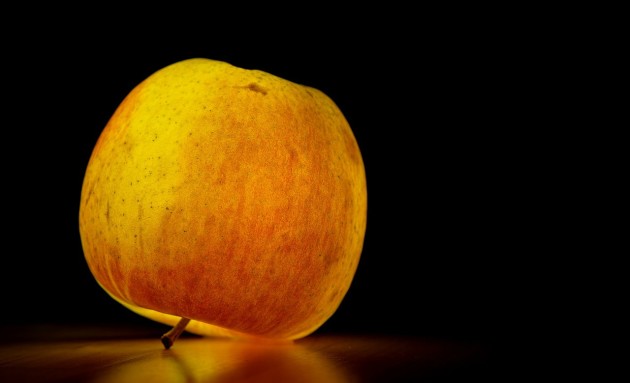 About six years ago, in an act of confused desperation, I awkwardly left my Acting I class early and went to Hillel to attend Rosh Hashanah services for the first time in my life.
About six years ago, in an act of confused desperation, I awkwardly left my Acting I class early and went to Hillel to attend Rosh Hashanah services for the first time in my life.
I had just started my first year of college—and was suffering from a debilitating sense of guilt. The summer before, every time I’d hit a pothole or a speed bump I’d look behind me to make sure I hadn’t actually killed someone. Occasionally, I’d circle back around just to make sure. Multiple times. And then in a panicked, fearful daze I’d Google “hit and runs in Atlanta” and see if any of them were near where I was.
This wasn’t new for me. The first time I remembered having this specific sort of debilitating long-lasting “guilt attack” was a few years prior, at the beginning of high school, though I had always been anxious as a kid. I freaked out when I turned a penny green after learning that it was illegal to deface US currency, and felt nauseated whenever I saw FBI copyright warnings pop up on the VHS movies we’d rent from Blockbuster.
The problem was, as much as I would try to find ways to sooth my fears, a new one would immediately take its place. No hit and runs that day in Atlanta? Fine. But I sure as hell didn’t deserve to be going to Swarthmore College, because I had had a sip of beer and wasn’t yet 21.
The High Holidays initially offered relief. I could apologize to anyone for anything and it wouldn’t be weird, because it was a religious obligation. Plus, the prayers specified sins committed in thought and in deed, known and unknown. It covered everything my brain could think of.
- 3 Comments
September 1, 2017 by Amelia Dornbush
Head of Workmen’s Circle on Strike Solidarity, Yiddish, and Fighting Fascism this Labor Day
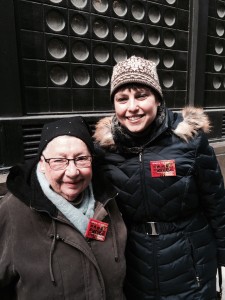
Ann Toback, executive director of the Workmen’s Circle, with Rita Margulies, Clara Lemlich’s daughter.
While marked by many as the unofficial end of summer, Labor Day also has a radical history that began 135 years ago. On September 5, 1882, thousands took to the streets to demand better working conditions, an eight-hour workday and a Labor Day. Twelve years later, in an attempt to defuse tensions following the Pullman strike, the first Monday in September would become officially recognized by the federal government as a holiday for workers.
In honor of this history, Lilith’s Amelia Dornbush interviewed via email the executive director of the Workmen’s Circle, Ann Toback. The conversation ranged from the future of the labor movement to the continued influence of radical Jewish women and what lessons from 5777 to carry into the New Year.
- No Comments
April 18, 2017 by Amelia Dornbush
We Should Have Never Left Egypt: A Counter-Narrative to Chew On While You Finish the Matzah
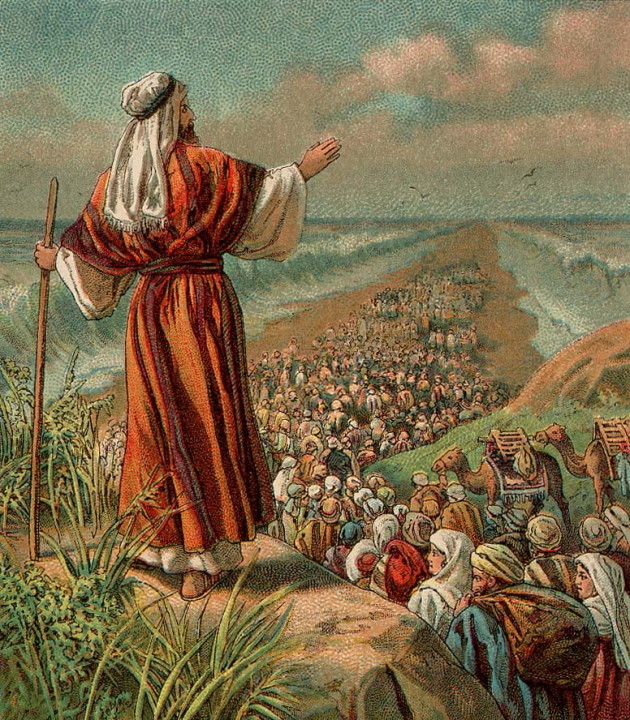 As Passover comes to an end, and we anticipate the return of the hametz, I think it’s worth taking a moment to pause and reflect on what exactly happened during the story of Exodus.
As Passover comes to an end, and we anticipate the return of the hametz, I think it’s worth taking a moment to pause and reflect on what exactly happened during the story of Exodus.
Some might have you believe that this is a story of liberation, with a hero named Moses, who brought his people out of slavery and into promised land.
They are agents of the patriarchy and not to be trusted.
Consider. There is no doubt that things were bad in Egypt. But what was the plan? Was it to organize the Israelites to realize their collective power labor and #ShutShitDown? No. It was to have a closed-door negotiation between one male palace insider and another.
- No Comments
March 29, 2017 by Amelia Dornbush
How One TV Show Helped Me Better Understand Abortion
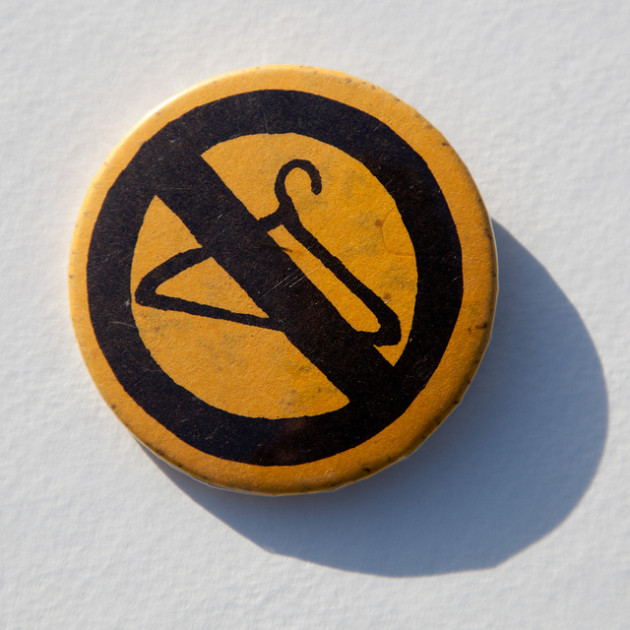
Photo Credit: Robert Couse-Baker
There is a scene in season five of Scandal when the protagonist Olivia Pope gets an abortion. She does not tell her then-boyfriend Fitz about her decision. In fact, the entire scene happens without her saying a word. Aretha Franklin’s “Silent Night”—with words such as “all is well, all is right”—plays in the background. Though the presentation of abortion was not without a few flaws, on the whole it was incredibly powerful, and personally empowering. As I was watching the show, it occurred to me this was one of the few times I had seen an abortion on TV (another had been in an earlier episode of the same show.) Though I have never had an abortion, I didn’t realize how badly I needed to see positive depictions of the procedure until it was in front of me.
When I was a kid, I was very much a rule-follower. I had an anxiety attack over the fact that in science club we changed the color of a penny when I found out that there was a law banning defacement of US currency. My stomach actively tied itself into knots whenever FBI copyright warnings came on TV lest I should potentially violate their edicts. I got good grades and stayed out of trouble.
How I learned to break the rules is a different story for a different time, but a side effect to my non-rebellious decades is that I deeply internalized societal stigmas no matter what I might abstractly have believed politically. This manifested in many different arenas—my attitude towards drinking (others could, I couldn’t) and therapy (same)—and in my attitude about abortion.
- No Comments
March 21, 2017 by Amelia Dornbush
How It Feels When Hillel Kicks Out Your Student Group
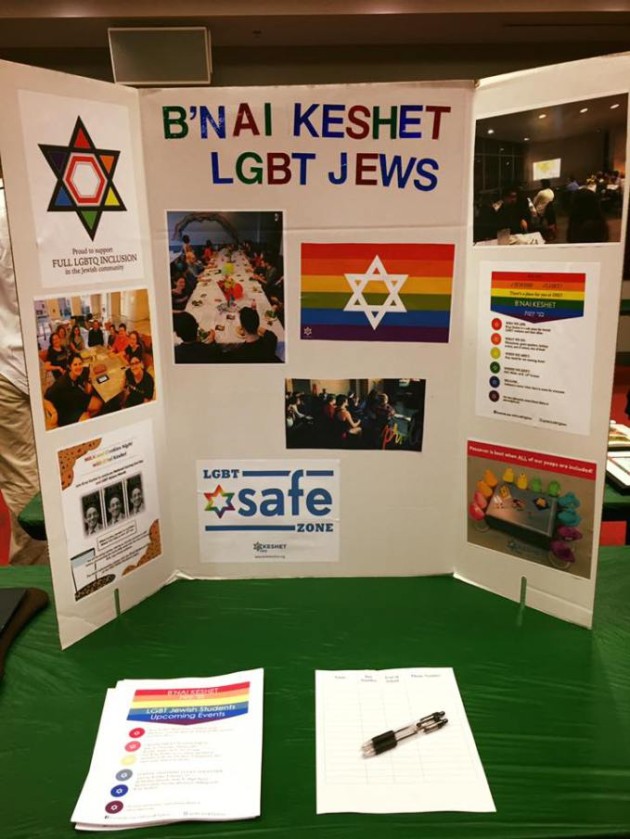 Last February, B’nai Keshet was expelled from Ohio State University Hillel for participating in a fundraiser for LGBTQ refugees that was co-sponsored by 15 other organizations, including Jewish Voice for Peace (JVP)—a Jewish organization which supports the Boycott, Divestment and Sanctions (BDS) movement. Yesterday, B’nai Keshet and Open Hillel publicly called for Hillel International and Ohio State Hillel to get rid of the policies that resulted in B’nai Keshet’s expulsion and reinstate the group in a move that was reported on by the Jewish Telegraphic Agency, The Forward and Haaretz.
Last February, B’nai Keshet was expelled from Ohio State University Hillel for participating in a fundraiser for LGBTQ refugees that was co-sponsored by 15 other organizations, including Jewish Voice for Peace (JVP)—a Jewish organization which supports the Boycott, Divestment and Sanctions (BDS) movement. Yesterday, B’nai Keshet and Open Hillel publicly called for Hillel International and Ohio State Hillel to get rid of the policies that resulted in B’nai Keshet’s expulsion and reinstate the group in a move that was reported on by the Jewish Telegraphic Agency, The Forward and Haaretz.
Elaine Cleary, a senior at Ohio State University and leader in B’nai Keshet, spoke with Amelia Dornbush, a one-time internal coordinator of Open Hillel who graduated from Swarthmore in 2015, about the challenges of student activism and the pain that accompanies feeling alienated from your community. The interview that follows reflects the personal experiences and perspectives of two activists who, two years apart, worked to make the Jewish community more pluralistic.
Amelia Dornbush: First things first. How are you holding up?
Elaine Cleary: You know, it’s a little exhausting. I really wish for so many reasons that Hillel had just let us do the fundraiser and stay in to begin with. I really hope that the national American Jewish community will heed our call to tell Hillel to let us back in.
AD: How would you describe what happened with B’Nai Keshet and Hillel?
EC: So, B’nai Keshet co-sponsored a fundraiser with 15 other LBGT community groups. Because one of the co-sponsors was JVP, B’nai Keshet was kicked out of Ohio State Hillel. This was very sad, because not only did we lose the logistical and financial support of Hillel, we also lost our connection to the Jewish community symbolically and physically. This is very troubling to me as a Jewish lesbian, because I believe it’s important to have strong visible presence of queer students on campus, and I don’t think people should have to choose between two identities.
- 1 Comment
February 7, 2017 by Amelia Dornbush
What Kashrut Taught Me About Being an Atlanta Falcons Fan
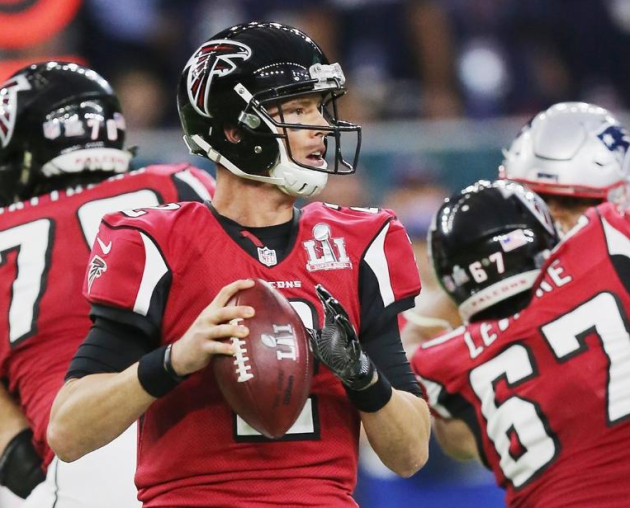
Atlanta Falcons
I am fifth-generation Jewish Atlantan. My great-grandmother was a child when Leo Frank was lynched. My grandfather was sent to Christian school and converted to Christianity as a young child, actively working to make sure no one discovered his Jewish roots. To his then-chagrin, my father did, and began attending synagogue in the same place that past generations of Dornbushes had. The Temple, whose walls are full of old photographs of my family members who died well before I was born, was where I officially converted.
I love Atlanta. The city is in my muscle memory and in my subconscious. It’s been five years since I lived in Georgia, but I can still walk through the backroads around Emory without getting lost. I sometimes wake up craving cheese grits from Georgia Homegrown. My nightmare—a recurring dream of driving off a highway overpass—was spawned by Atlanta’s heavily congested interstates.
Atlanta builds and rebuilds, constantly reinventing itself, never quite acknowledging or healing the scars of its past. I know the city not just by its current places, but by the places it used to have. Ponce City Market I know also as City Hall East. For my Dad, it’s the Old Sears Building. He told me that the shopping center across from Ponce City Market/City Hall East/The Old Sears Building, which I know as The-Place-That-Used-to-Have-a-Borders-and-Still-Has-a-Whole-Foods was home to a minor league baseball team, called the Atlanta Crackers, when my grandfather was a child.
- No Comments
December 22, 2016 by Amelia Dornbush
Why Hanukkah Makes Me Sad
 Ever since I realized that I would be spending each day of Hanukkah with my parents this year, I’ve been trying to get excited about the holiday. As a family of three converts (who all converted at different times for different reasons… it’s a long story), this is the first time that all of us will have been together as Jews celebrating the holiday for its duration. And yet, I’ve been having a difficult time working up the same kind of enthusiasm as when we’ve been able to spend the High Holidays or Passover together.
Ever since I realized that I would be spending each day of Hanukkah with my parents this year, I’ve been trying to get excited about the holiday. As a family of three converts (who all converted at different times for different reasons… it’s a long story), this is the first time that all of us will have been together as Jews celebrating the holiday for its duration. And yet, I’ve been having a difficult time working up the same kind of enthusiasm as when we’ve been able to spend the High Holidays or Passover together.
I can’t shake the sense that it all feels artificial in a way, a manufactured celebration.
- No Comments
 Please wait...
Please wait...